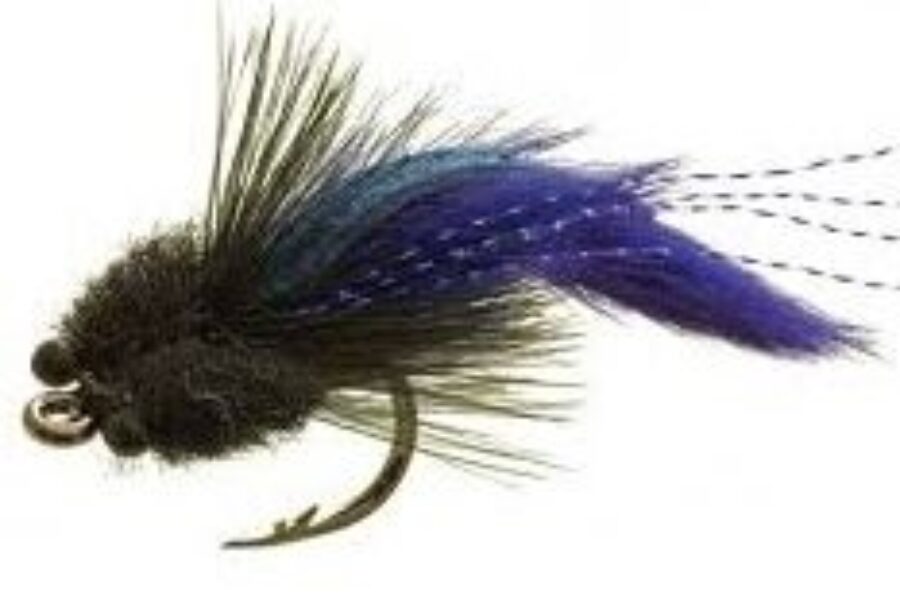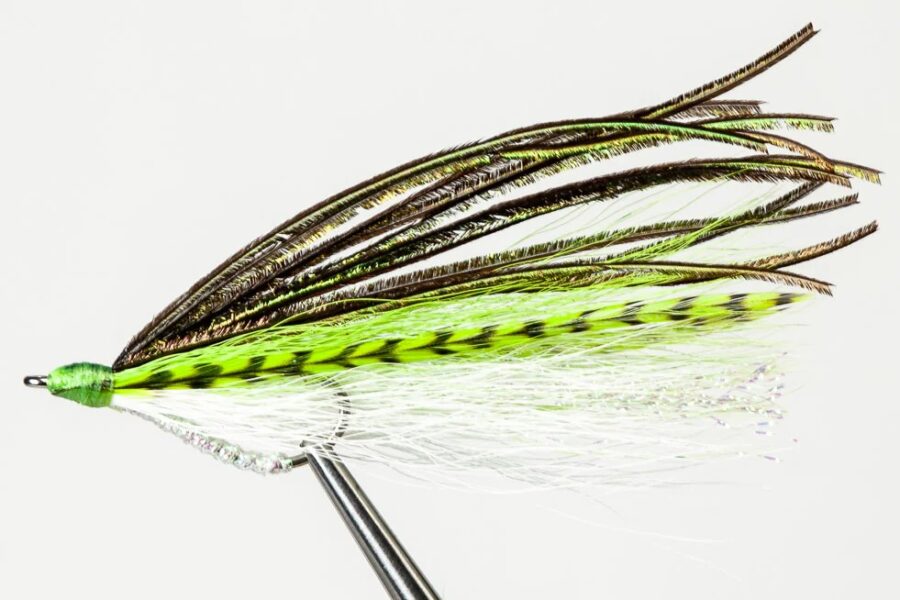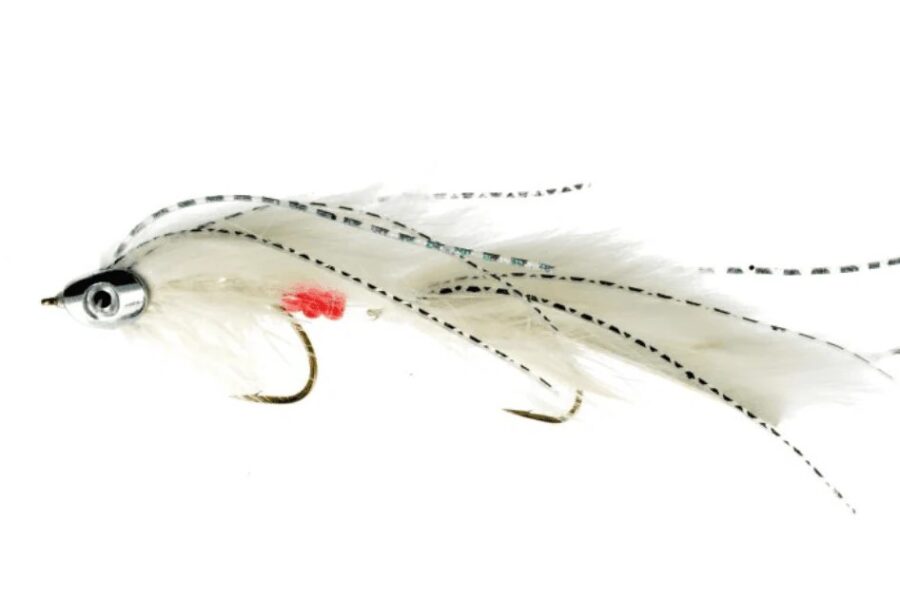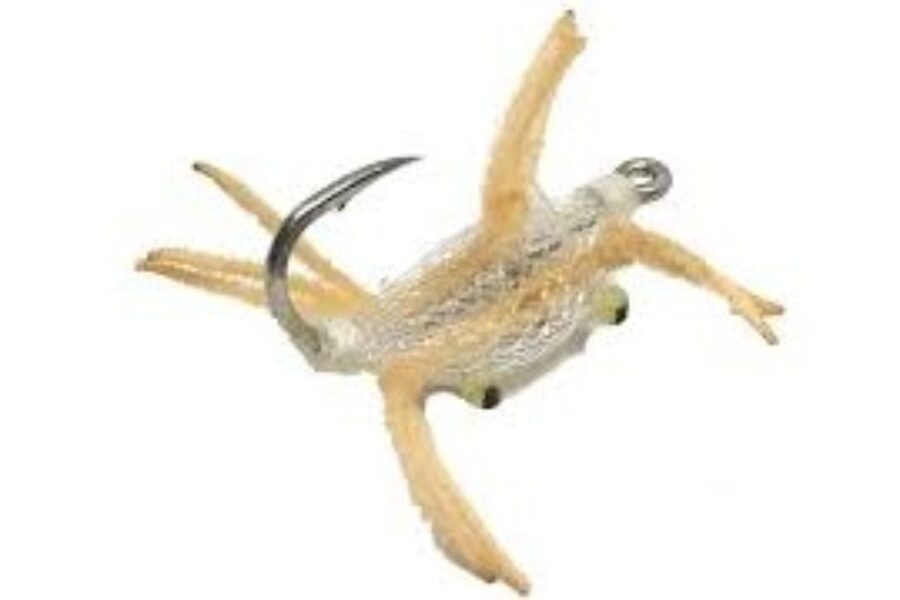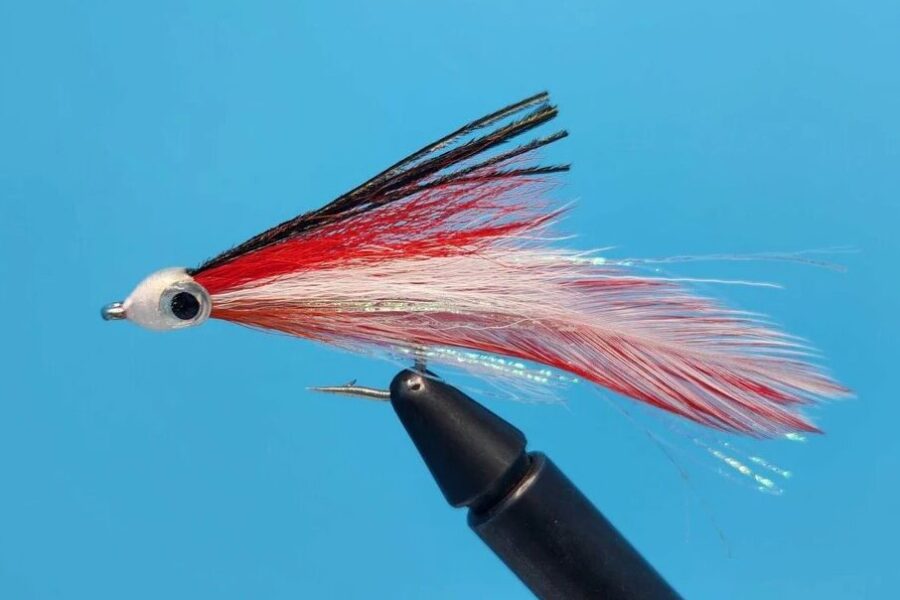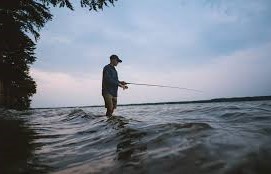Essential Guide to Recreational Fishing
Introduction: Understanding the Angler’s Journey
Fishing stands as one of the most rewarding and relaxing hobbies available to outdoor enthusiasts. Beyond being a great tool for stress relief and mental clarity, fishing connects us with nature in a unique and meaningful way. Whether you’re a beginner or seasoned angler, understanding the fundamental do’s and don’ts will enhance your fishing experience.
Safety First: Core Practices
Boat Safety Fundamentals
Boat safety should always be your primary concern when fishing from a vessel. Make sure to stay well below your boat’s weight capacity, accounting for all passengers, equipment, and potential catches. This margin of safety becomes especially important in choppy conditions or when moving between fishing spots.
Mastering Fishing Techniques
Seasonal Adaptation
Seasonal adjustments to your fishing technique are crucial for success. During winter months, using sinkers becomes essential to reach the proper depths where fish are active. The size and number of sinkers needed depends on various factors including water depth, current strength, and the type of presentation you’re trying to achieve.
Equipment Understanding
Understanding your equipment’s versatility is key. From basic spinning gear to specialized tackle like saltwater flies, having the right tools for your target species and fishing environment makes a significant difference in your success rate.
Natural Elements in Fishing
Reading Nature’s Signs
Successful anglers learn to read nature’s signals. Birds can be excellent indicators of fishing hotspots, as they feed on the same baitfish that attract game fish. When you observe birds diving into the water, it often signals a feeding frenzy below. Your fishing success can increase dramatically by paying attention to these natural patterns.
Weather’s Influence
Weather plays a crucial role in fishing success. Wind direction and strength significantly impact casting and fish behavior. When fishing in windy conditions, casting into the wind requires adjustment of your technique. During stronger winds, fish often retreat to deeper waters, requiring anglers to adjust their approaches accordingly.
Essential Preparation
Comfort and Protection
Being properly prepared can make the difference between an enjoyable outing and a miserable experience. Bug spray is absolutely crucial, as mosquitoes and other insects can quickly turn a peaceful fishing trip into an uncomfortable ordeal. Hydration is equally important and often overlooked. Even if you don’t feel thirsty, regular water intake is essential.
Community and Knowledge
Local Expertise
Building relationships with local anglers can significantly improve your fishing success. Purchase some of your gear from local shops and engage with the community. Local anglers often possess invaluable knowledge about seasonal patterns, productive spots, and effective techniques.
Strategic Approaches
Bait Selection
Bait selection requires careful consideration of your target species and fishing conditions. No single bait works universally for all fish. Understanding when to use jigs, grubs, or artificial lures can make the difference between success and failure.
Proper Attire
Dressing appropriately for fishing involves more than just comfort. Layered clothing protects you from the elements and allows you to adjust to changing conditions throughout the day. Proper attire also helps prevent sunburn and insect bites.
Mental Approach
Maintaining Perspective
Perhaps most importantly, maintain a positive attitude while fishing. The sport can be frustrating at times, but patience and perseverance often lead to success. Even when fish aren’t biting, the peaceful environment and connection with nature make the experience worthwhile.
Remember that fishing isn’t just about catching fish, it’s about the entire experience. From the early morning preparation to the satisfaction of a successful catch, every aspect contributes to why fishing remains one of the most popular outdoor activities worldwide. By following these guidelines and learning from each experience, you’ll develop into a more skilled and satisfied angler.

